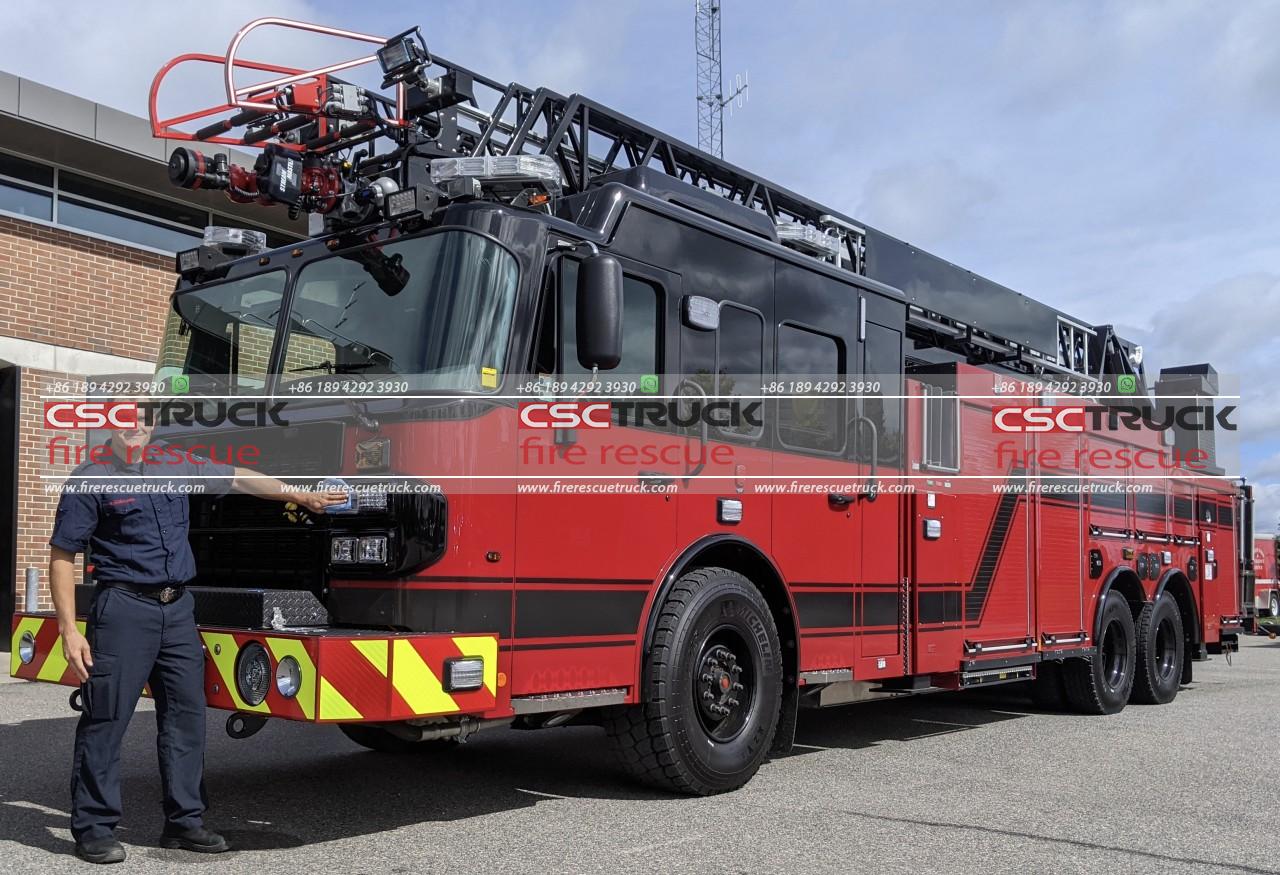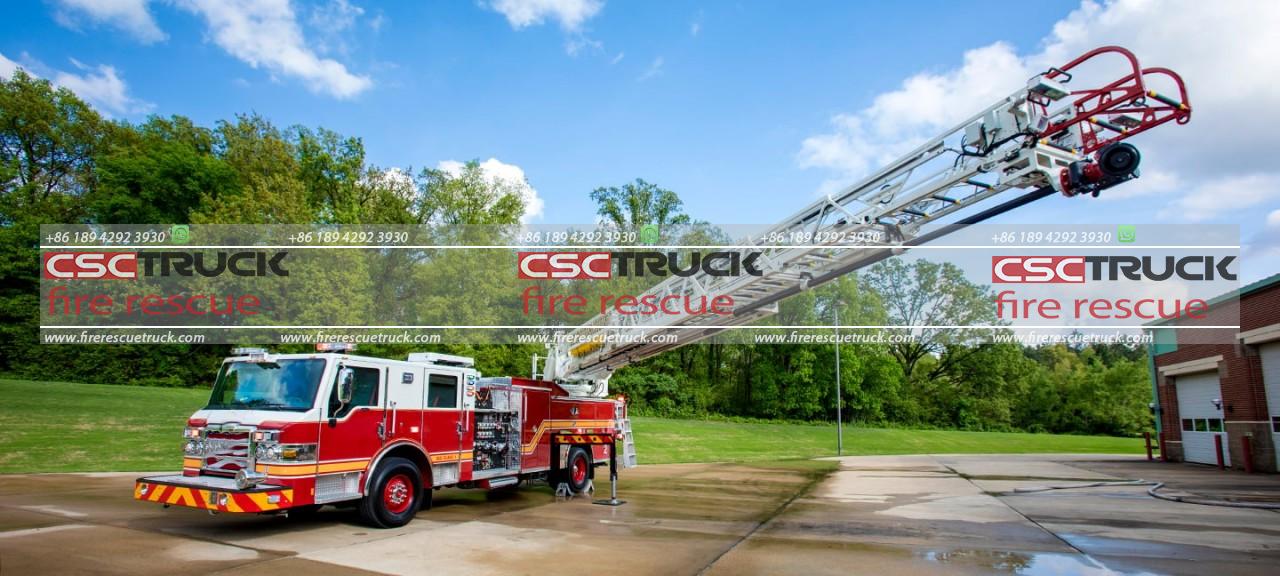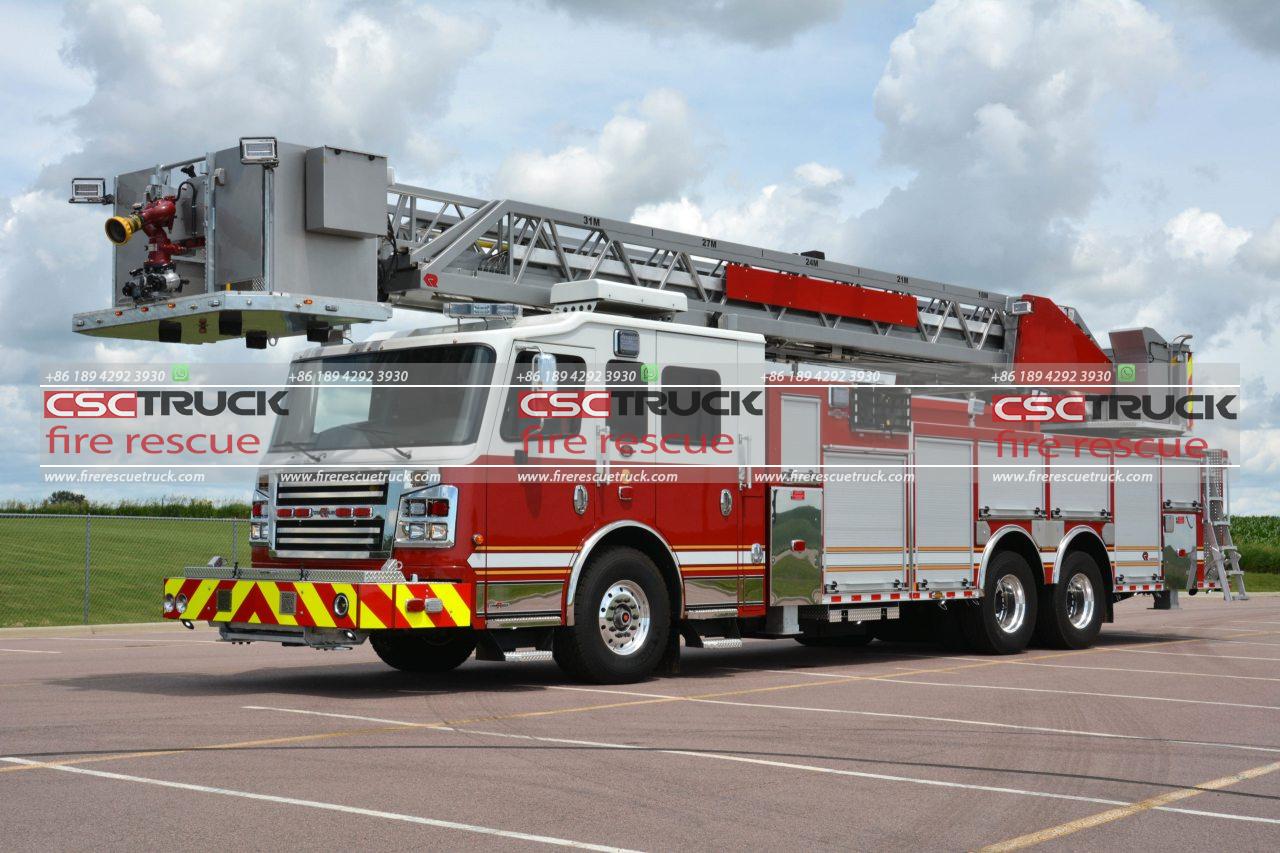Fire trucks are the backbone of firefighting operations, playing a crucial role in responding to emergencies and saving lives. These powerful vehicles are built to withstand the rigors of firefighting, but regular maintenance is essential to ensure their reliability and performance when it matters most. In this blog post, we will explore the importance of fire truck maintenance and provide valuable tips for keeping your vehicle in optimal condition.
Why Fire Truck Maintenance Matters:
Fire trucks are complex machines with intricate systems and components designed to handle the demanding nature of the emergency response. Regular maintenance ensures that these systems and components are functioning at their best, minimizing the risk of breakdowns and ensuring the vehicle is ready for action when an emergency strikes.
Reliability
Firefighters depend on their trucks to perform flawlessly in high-stress situations. Routine maintenance helps identify and address potential issues before they become major problems, reducing the risk of unexpected breakdowns during critical operations.

Performance
Properly maintained fire trucks deliver optimal performance. Regular servicing of engines, pumps, and other critical components ensures they operate at peak efficiency, providing the necessary power and water flow rates to combat fires effectively.
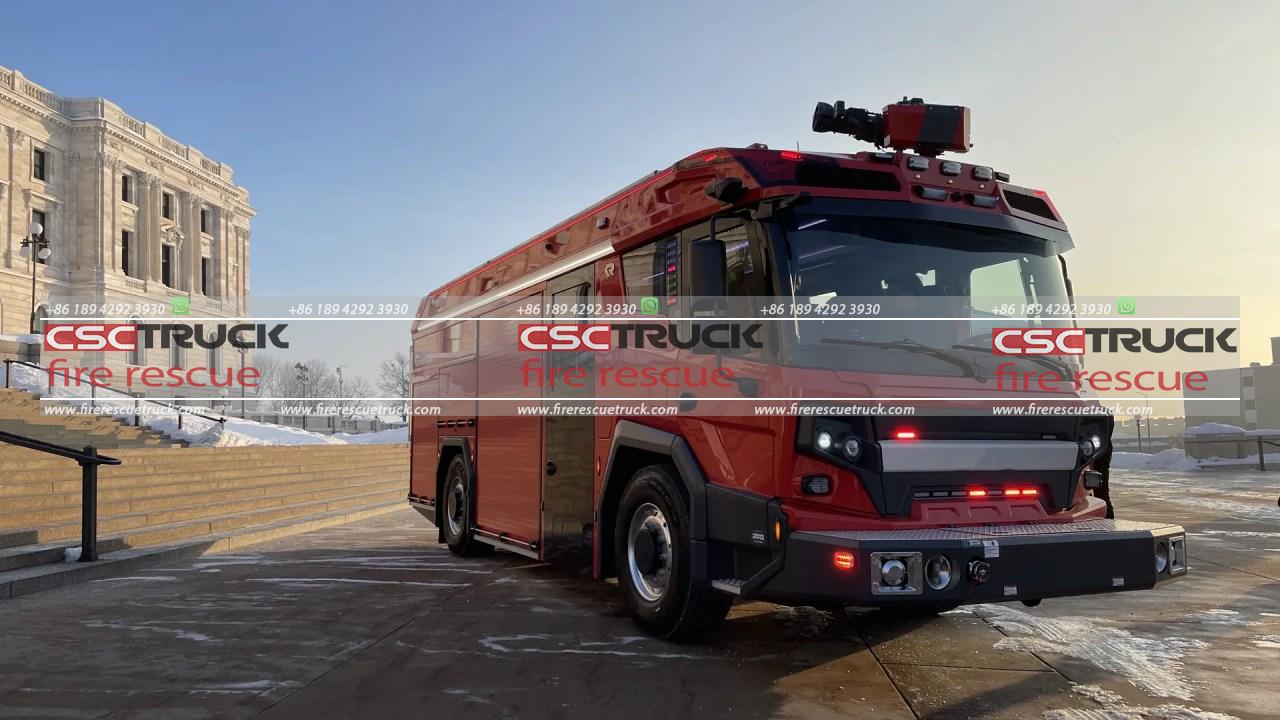
Safety
Firefighters’ safety is paramount, and a well-maintained fire truck plays a crucial role in ensuring their well-being. Regular inspections of safety systems, such as braking mechanisms, lights, and sirens, help identify any deficiencies and address them promptly.

Fire Truck Maintenance Tips:
- Follow Manufacturer Guidelines: Fire truck manufacturers provide detailed maintenance schedules and guidelines specific to each vehicle model. It is important to strictly adhere to these recommendations for routine inspections, fluid changes, and component replacements. This ensures that your fire truck receives the necessary care to perform optimally.
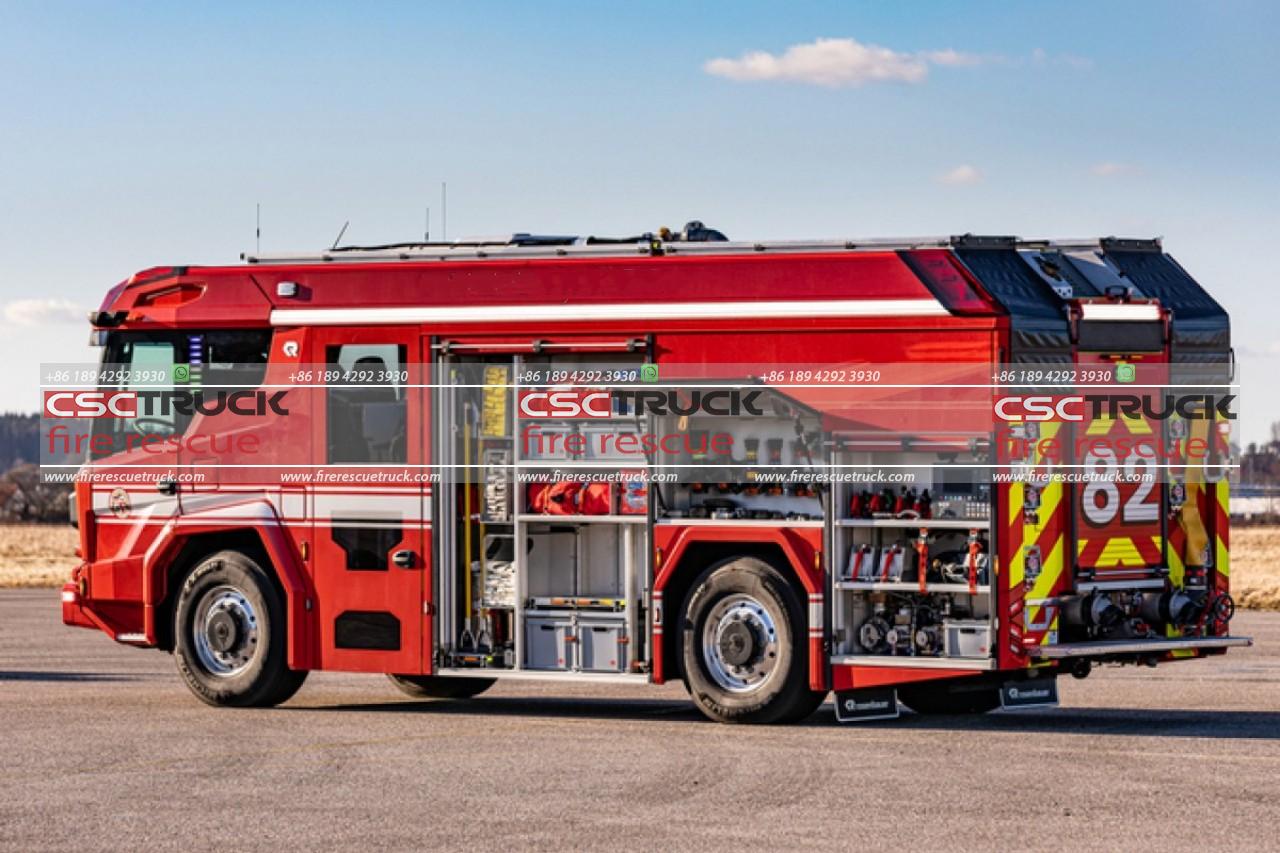
- Conduct Regular Inspections: Implement a thorough inspection routine for your fire truck. This includes checking tires, fluid levels, hoses, belts, electrical systems, and all safety equipment. Inspections should be conducted before and after each use, as well as at regular intervals specified by the manufacturer.
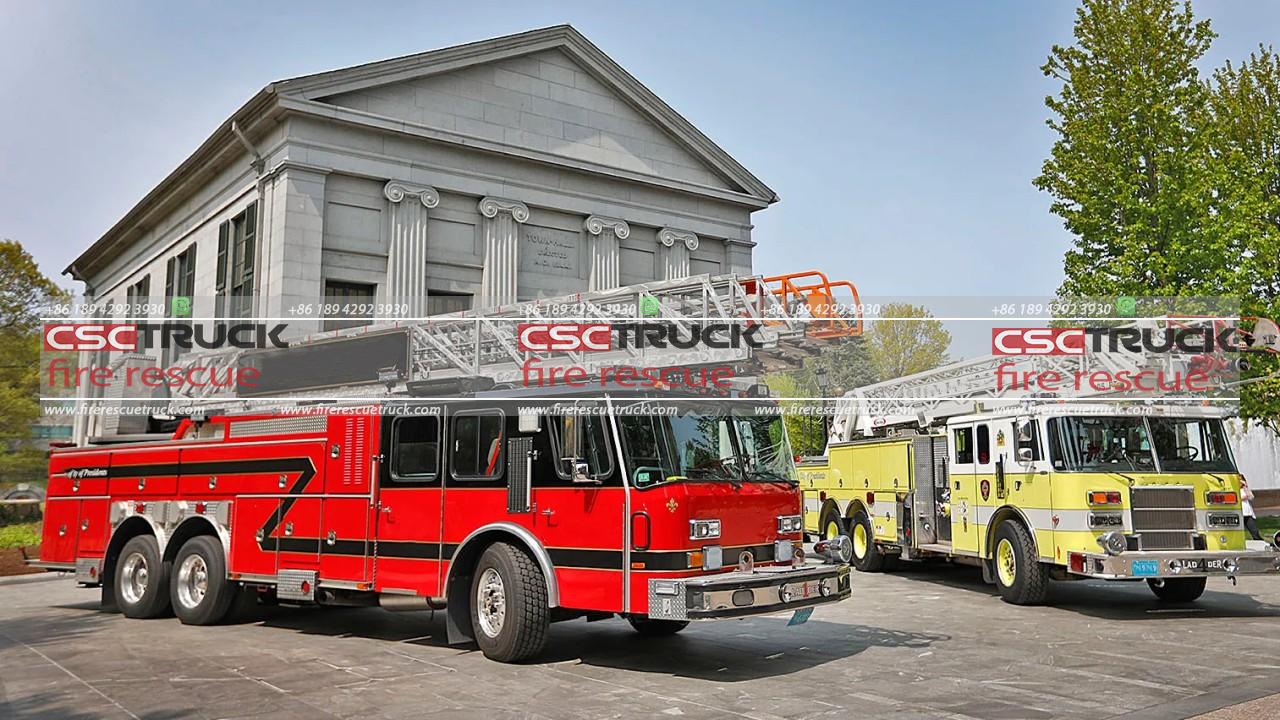
- Fluid Maintenance: Fire trucks require regular fluid changes, including engine oil, coolant, hydraulic fluids, and transmission fluids. Regularly monitor fluid levels and quality, and adhere to the recommended replacement intervals to ensure proper lubrication and cooling of critical components.
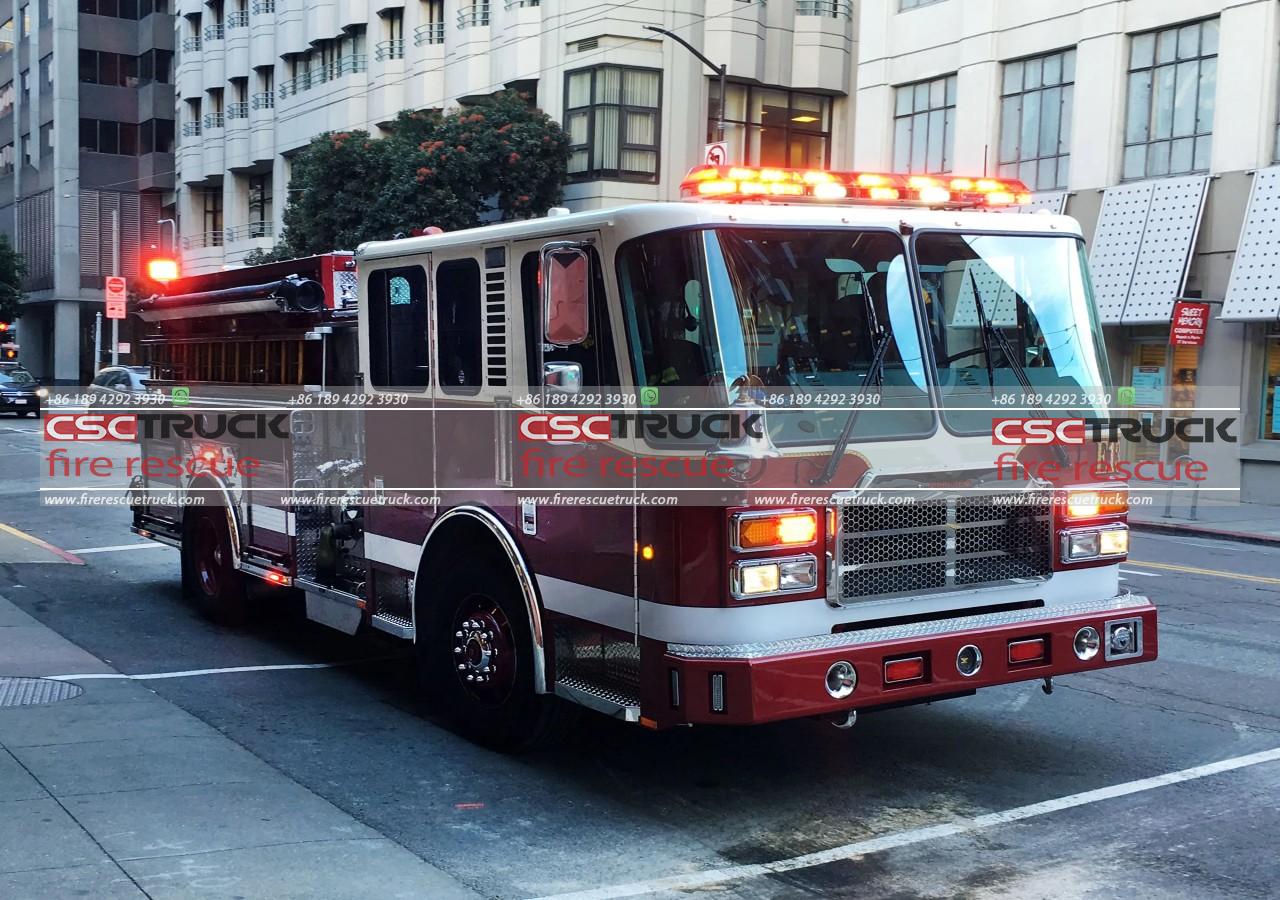
- Pump Maintenance: Fire truck pumps are vital for delivering water during firefighting operations. Regularly inspect and test the pump to ensure proper operation, including priming, pressure control, and water flow. Lubricate moving parts as recommended by the manufacturer and address any issues promptly.
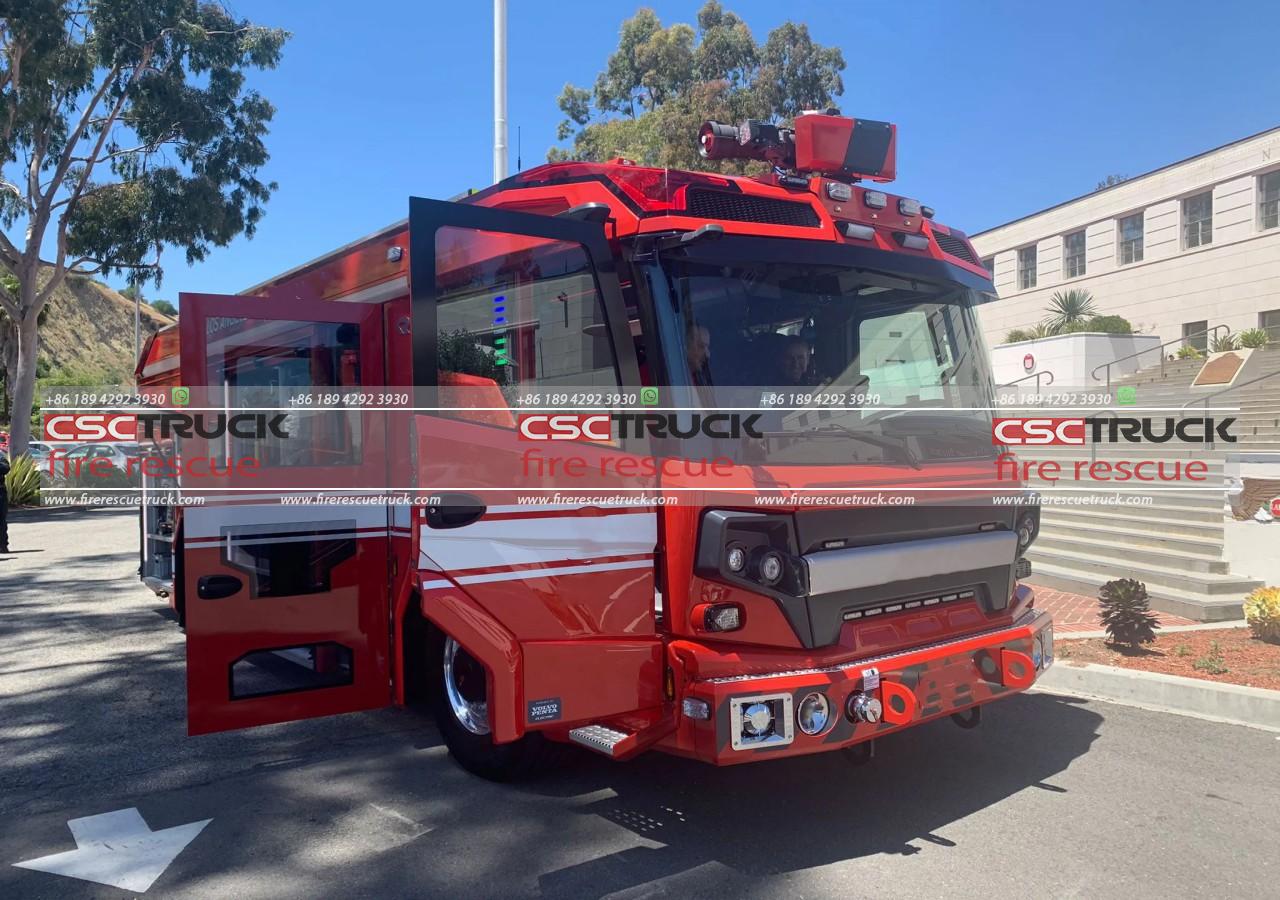
- Electrical System: The electrical system in a fire truck controls various components, such as lights, sirens, and communication devices. Regularly check wiring, connections, and batteries for any signs of wear or corrosion. Test all electrical systems to ensure they are functioning correctly.

- Fire Suppression Systems: Fire truck maintenance should also include inspections and tests of fire suppression systems, such as foam proportioning systems, nozzles, and monitors. Follow manufacturer guidelines for maintenance and conduct regular tests to ensure their proper functionality.
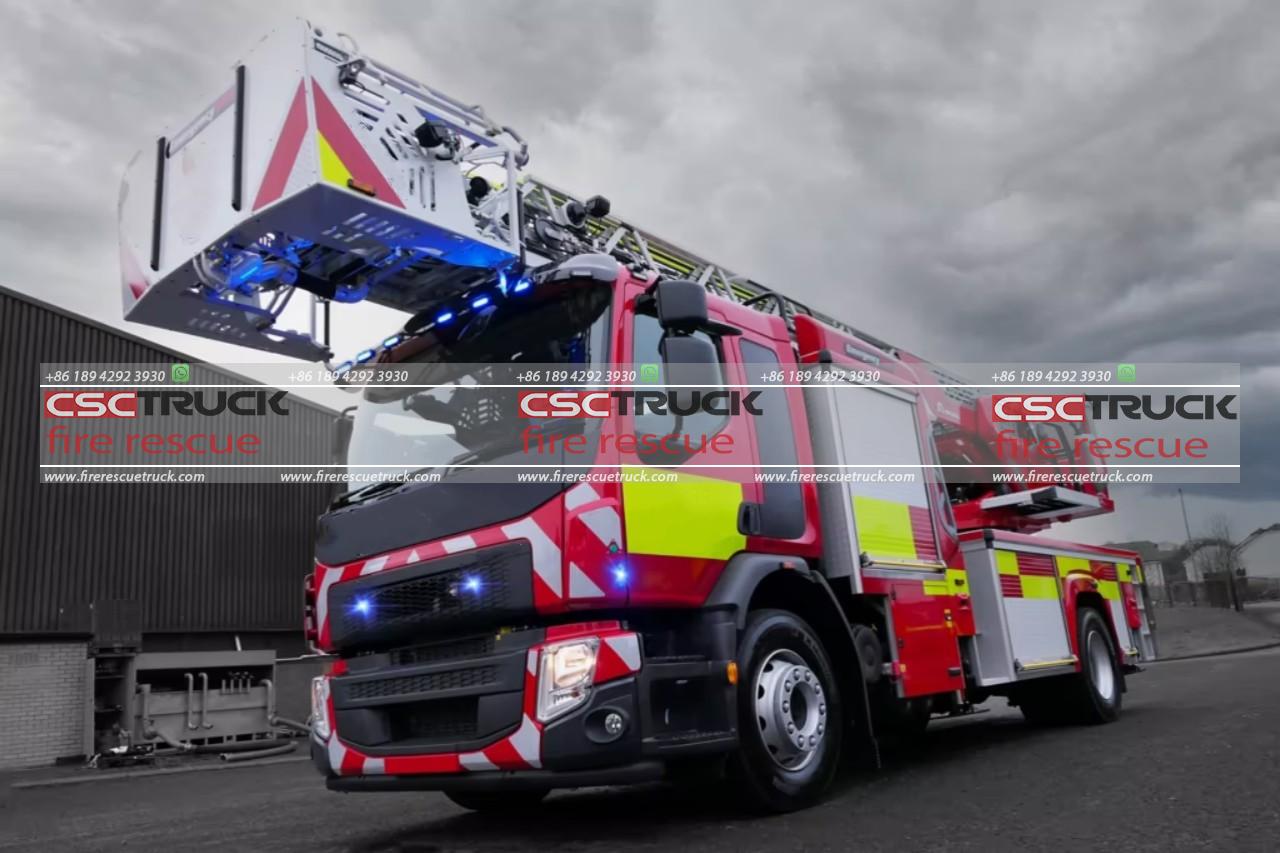
- Document Maintenance Activities: Keep detailed records of all maintenance activities performed on your fire truck. This includes dates of inspections, repairs, and component replacements. This documentation helps track the vehicle’s maintenance history and allows for proactive planning of future maintenance needs.

- Training and Education: Provide comprehensive training to fire truck operators and maintenance personnel. Proper training ensures that operators understand the vehicle’s maintenance requirements, can conduct basic checks, and identify potential issues. Ongoing education keeps personnel updated on new technologies and maintenance practices.
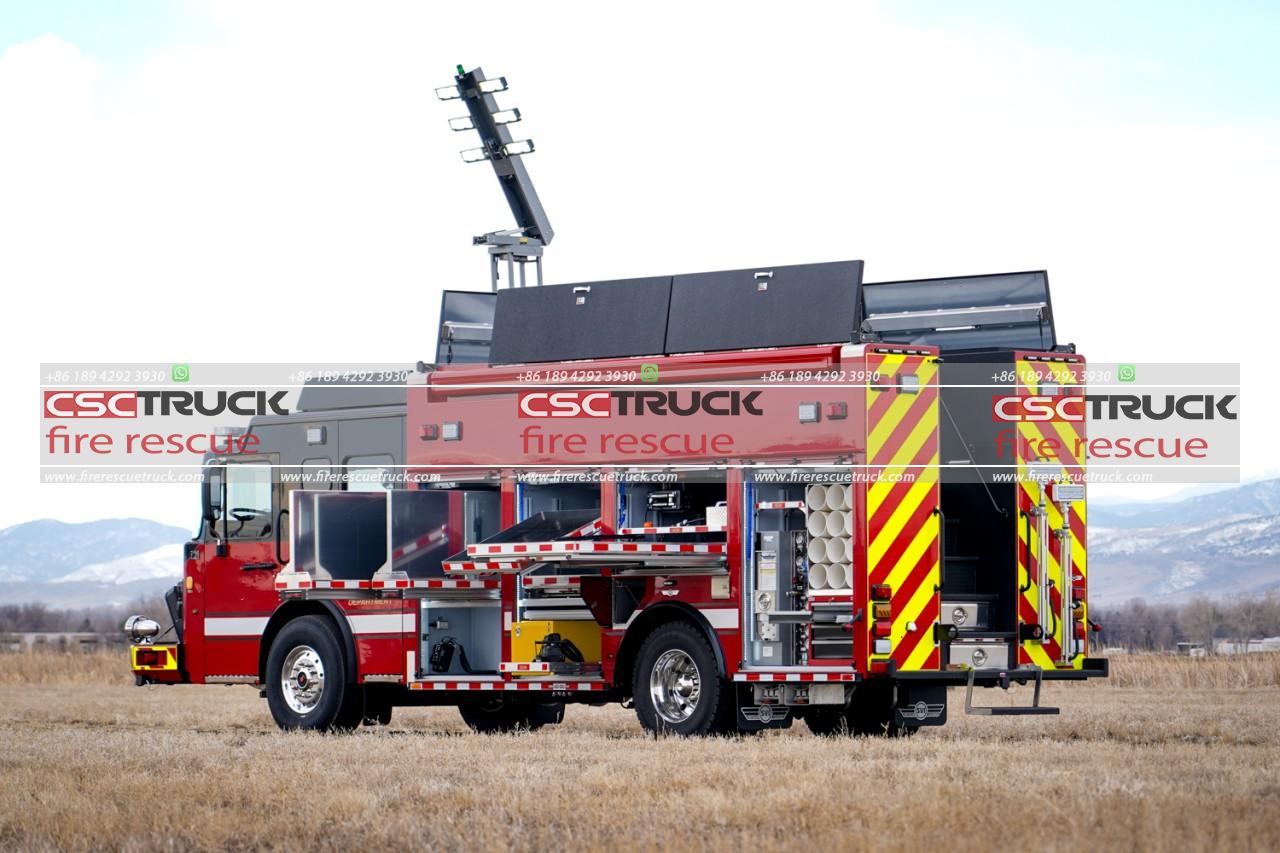
- Partner with Authorized Service Centers: Establish a relationship with authorized fire truck service centers and technicians. These professionals have the expertise, knowledge, and access to genuine parts necessary for maintaining your firetruck. Working with authorized service centers ensures that your fire truck receives the highest quality care and that any maintenance or repairs are performed by skilled technicians familiar with the intricacies of your specific vehicle model.
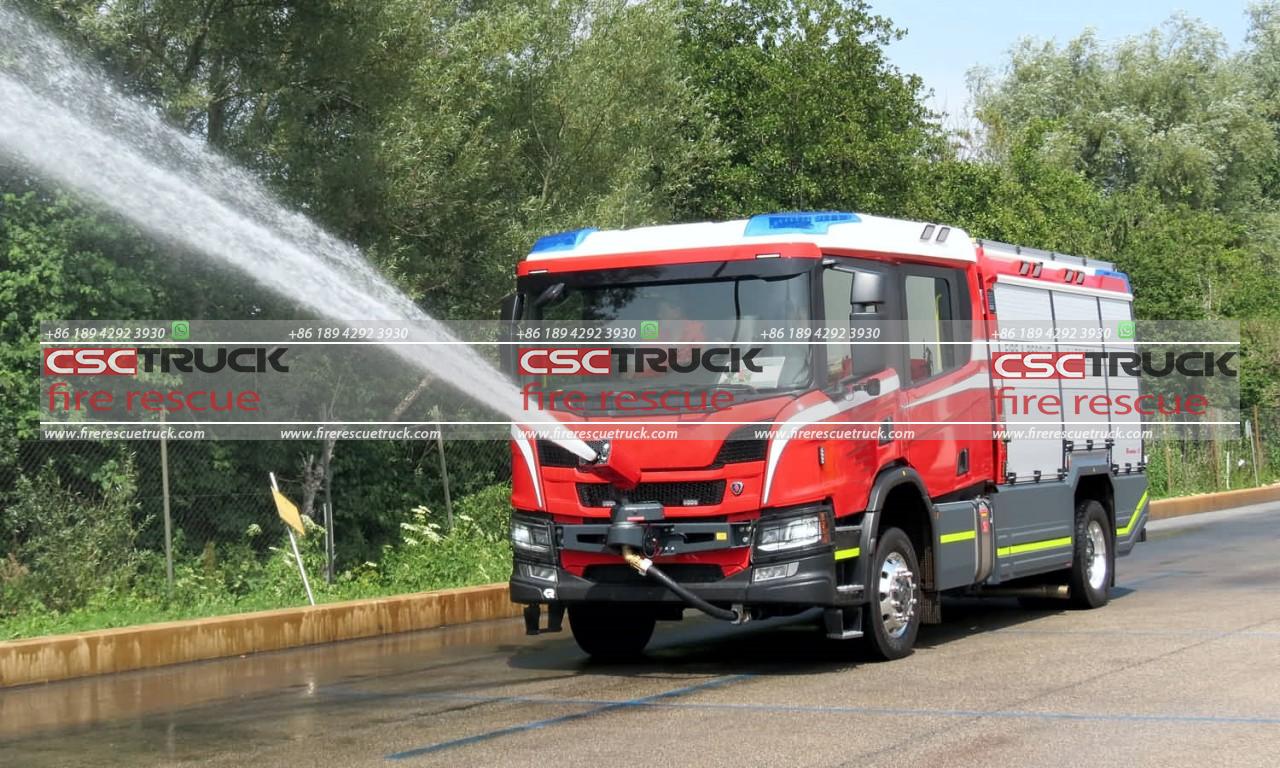
- Implement Preventive Maintenance Programs: Create a structured preventive maintenance program for your fire truck fleet. This program should outline regular inspection intervals, maintenance tasks, and record-keeping procedures. By proactively addressing maintenance needs, you can minimize downtime, extend the lifespan of your vehicles, and maximize their operational readiness.

- Develop a Cleaning and Corrosion Prevention Routine: Fire trucks are exposed to various elements and substances during their operations. Implement a cleaning routine to remove dirt, debris, and chemicals from the vehicle’s exterior and interior. Additionally, take steps to prevent corrosion by applying protective coatings and inspecting metal surfaces for signs of rust or deterioration regularly.

- Continuous Improvement: Fire truck maintenance is an ongoing process. Regularly evaluate your maintenance practices, seek feedback from operators and maintenance personnel, and explore opportunities for improvement. Stay updated on the latest industry standards and advancements in fire truck technology to ensure your maintenance practices align with best practices.
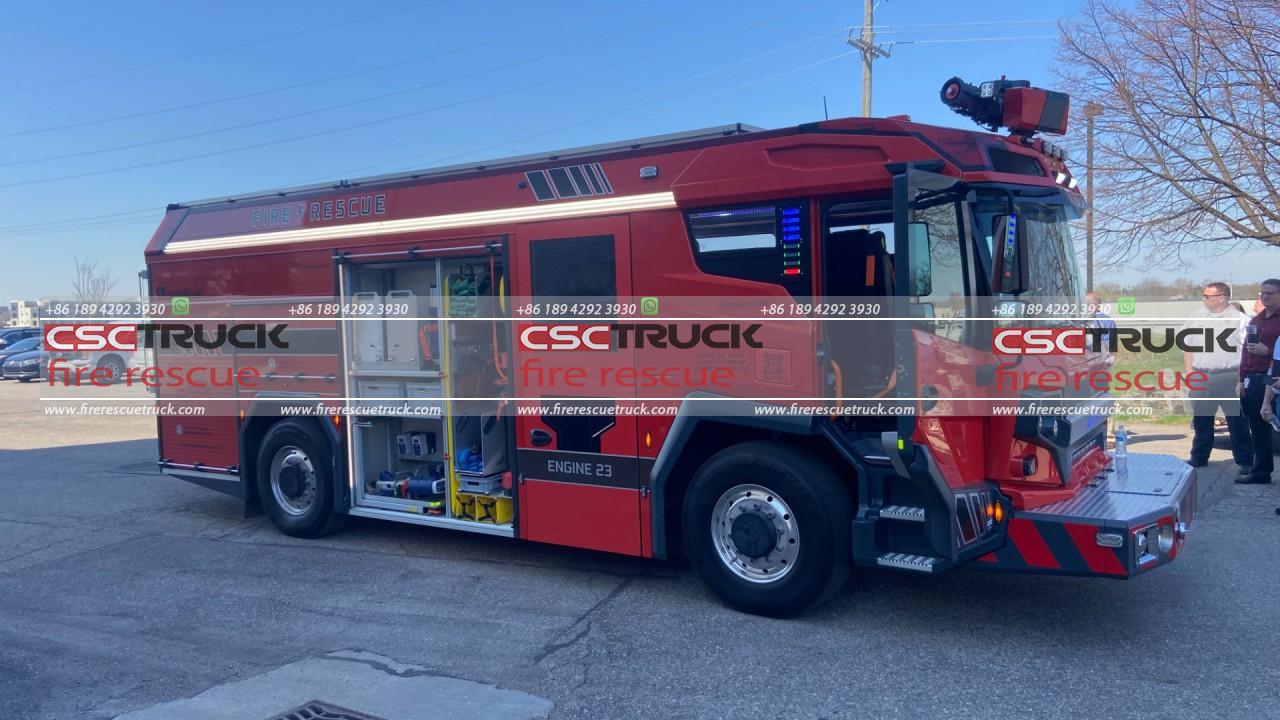
In conclusion, fire truck maintenance is crucial for ensuring the reliability, performance, and safety of these essential emergency vehicles. By following manufacturer guidelines, conducting regular inspections, and implementing preventive maintenance programs, you can keep your fire truck fleet in optimal condition. Remember to document all maintenance activities, provide training to personnel, and partner with authorized service centers for expert support. By prioritizing fire truck maintenance, you can rest assured that your vehicles will be ready for any emergency, allowing firefighters to respond effectively and protect lives and property.
